News Asia
Taliban Leaders Display Rare Public Division Over Bans
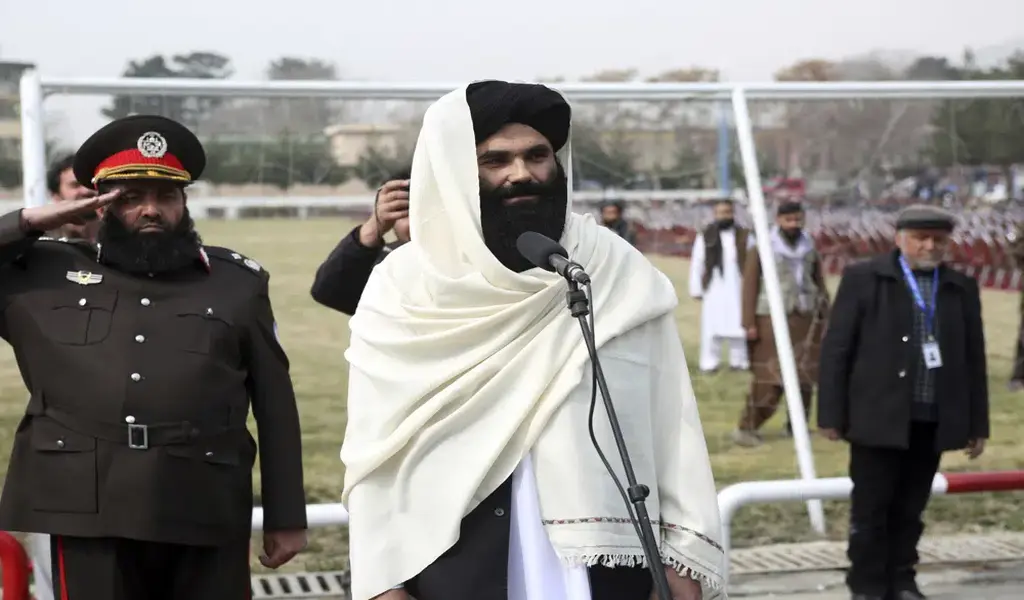
(CTN NEWS) – Interior Minister Sirajuddin Haqqani, a prominent government official, recently made a statement that was perceived as an implicit criticism of the movement’s reclusive supreme leader, sparking a rare public display of debate within the ranks of Afghanistan’s ruling Taliban.
Since the former militants took over the nation in August 2021, the Taliban leadership has been secretive, giving almost little indication of how decisions are made.
Hibatullah Akhundzada, the organization’s ultimate leader, has seen a bigger role in setting policies in recent months.
He specifically gave the Taliban leadership the order to prohibit girls and women from attending universities and schools after the sixth grade.
The restrictions sparked a major worldwide uproar, deepening Afghanistan’s economic isolation and exacerbating a humanitarian crisis. The restrictions appeared to go against past Taliban government policy as well.
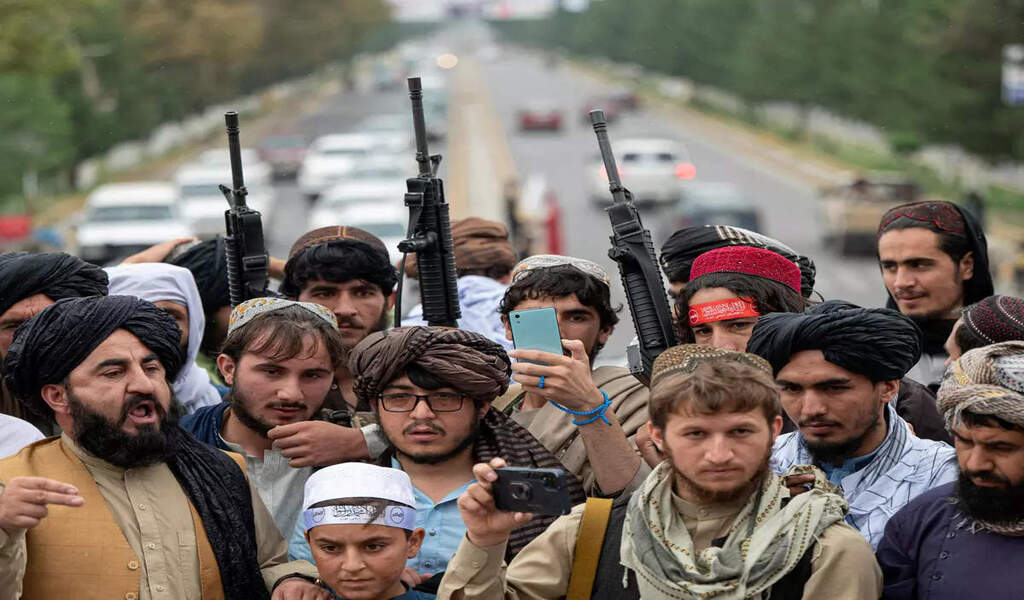
Women had been able to complete their education until the Taliban took power and the prohibition on attending institutions in December.
Taliban authorities have pledged that girls would be permitted to enroll in secondary education, but a plan to reinstate them last year was abruptly overturned.
At a speech over the weekend at a graduation ceremony at an Islamic religious school in the eastern province of Khost, Haqqani made his remarks.
According to his followers’ video recordings of the lecture posted on social media, Haqqani remarked, “Monopolizing power and harming the reputation of the entire system is not to our benefit.”
He continued, “The circumstance cannot be accepted.”
According to Haqqani, “greater responsibility has been placed on our shoulders, and it takes patience, good behavior, and involvement with the people” now that the Taliban are in charge.
According to him, the Taliban must “soothe the people’s wounds” and behave so that the populace does not develop a hatred for them and their religion.
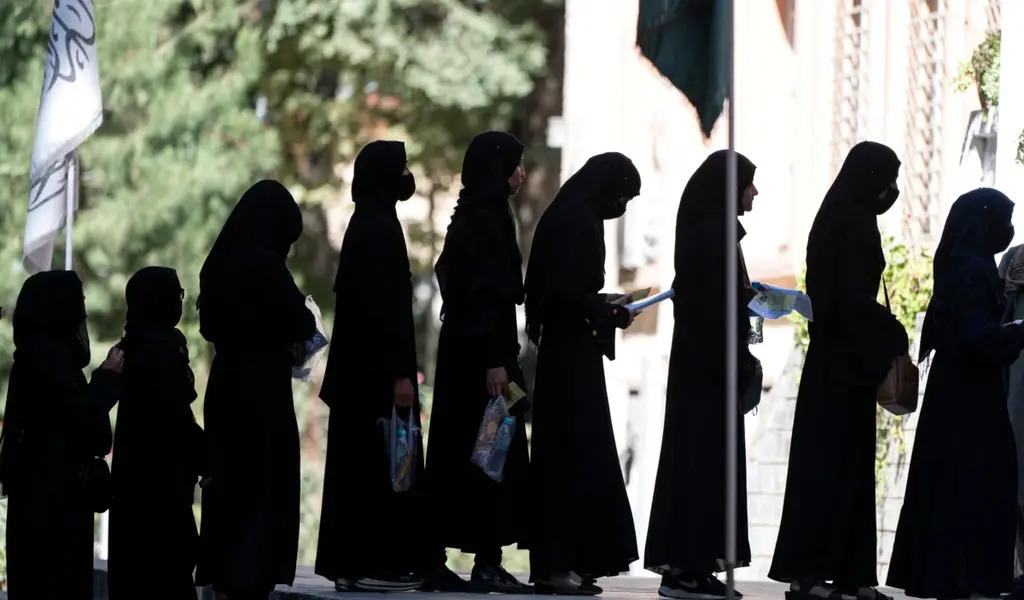
Although Haqqani did not specifically mention Akhundzada, many people who commented on social media took the words to be directed at him.
The topic of women’s education was also left out of Haqqani’s remarks, even though he has previously spoken out in favour of allowing women and girls to attend schools and universities.
As an apparent response to Haqqani’s remarks, the chief spokesman for the Kabul administration, Zabihullah Mujahed, said—without identifying him—that criticism is best expressed in private.
According to Islamic ethics, the speaker stated that someone should criticize the emir, a minister, or any other official in private rather than in front of the public.
The Islamic scholar Akhundzada hardly ever leaves the Taliban stronghold in southern Kandahar province and hardly ever appears in public.
He surrounds himself with religious sages and tribal chiefs against education and feminist causes. There is only one old, known photograph of him.
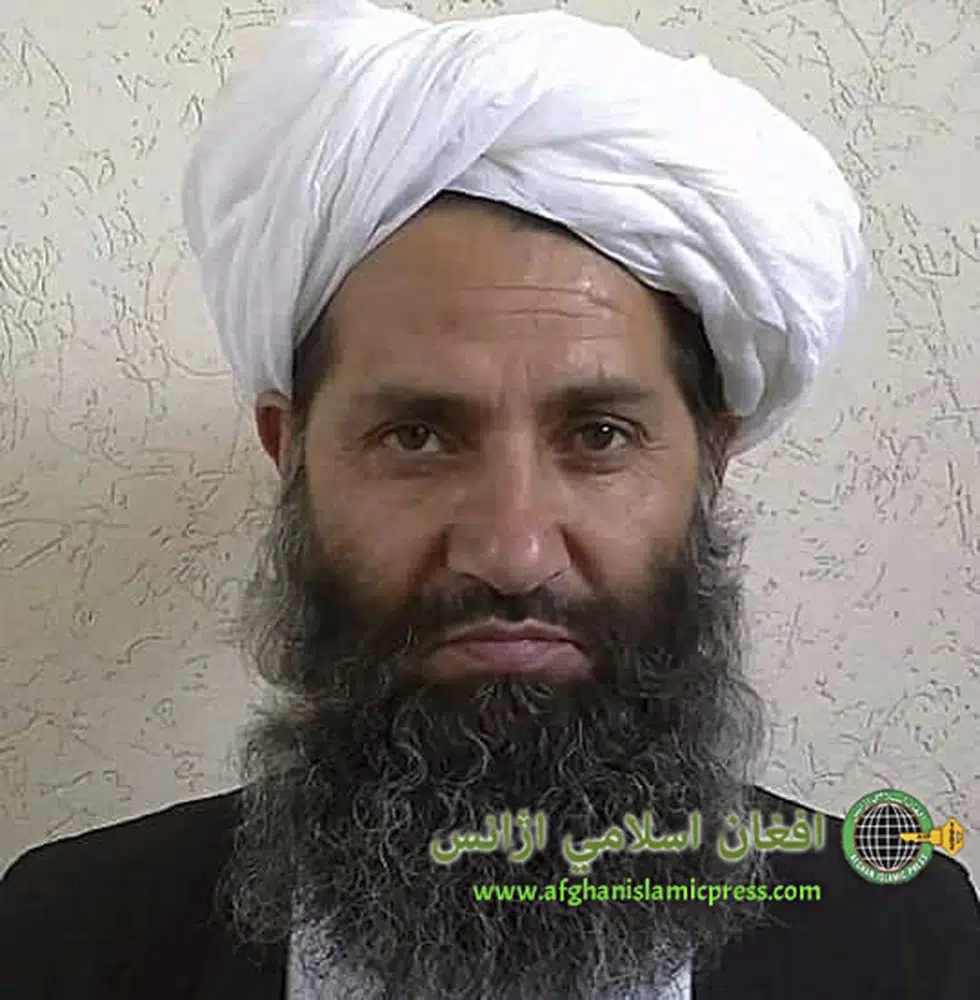
Image: AP
After the Taliban took power, Akhundzada only once visited Kabul to deliver a lecture to a gathering of pro-Taliban clerics; however, he was not depicted in media coverage of the closed event.
Haqqani’s remarks “are a big escalation,” according to Michael Kugelman, the deputy director of the Asia program and senior associate for South Asia at the Wilson Center. The Taliban have historically dealt with internal conflicts behind closed doors.
The Taliban’s top officials share this broad vision, but, according to Kugelman, “in Kandahar, they’re hermits; they’re not participating in the day-to-day.” He continued, “They have to run Kabul and give services.”
Haqqani is the leader of the Haqqani network, a division of the Taliban organized around the Khost-based Haqqani family.
The network was renowned for attacks on civilians and suicide bombers in Kabul, and it fought against U.S.-led NATO soldiers and previous Afghan government forces for years.
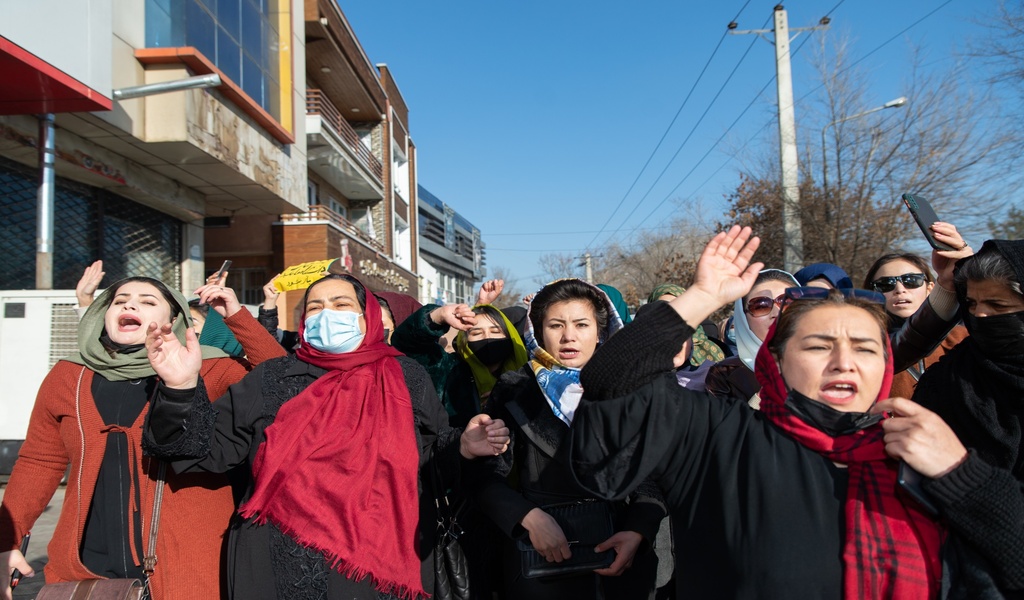
Sirajuddin Haqqani is the subject of a $10 million bounty placed by the American government for assaults on American service members and Afghan civilians.
After twenty years of fighting as insurgents, some senior Taliban have had to quickly adapt to the needs of the government, and his statements highlighted an obvious gap between them.
Taliban officials claimed they desired improved relations with the outside world when they came to power in 2021. When they first came to power in the 1990s, they enforced societal restrictions on women and punishments, including public beatings.
They declared they would not do so again.
Yet in the time since, the Taliban have prohibited women from entering parks, most workplaces, and middle and high schools. Women are also required to appear in public dressed from head to toe.
At a speech this week in Kabul, Abdul Salam Hanafi, the deputy prime minister of the Taliban government, subtly challenged the prohibition on women’s and girls’ education.

We won’t succeed, he declared, “if we don’t increase the amount and quality of education and if we don’t modernize it.”
The obligation of Islamic scholars, he continued, goes beyond outright forbidding a habit or behavior; they also have to provide a resolution and a way forward.
Veteran writer Ahmed Rashid, who has written numerous books about the Taliban and is based in Lahore, said he didn’t anticipate any change from Akhundzada and his backers in Kandahar.
Rashid asserted that there is unlikely to be “any form of the uprising” among the ranks since the Taliban value unity in facing challenges from NATO and the United States.
But, he claimed that those in the Taliban leadership who are faced with the weight of the state have “realized they can’t continue like this.”
RELATED CTN NEWS:
U.S. Response To Chinese Balloon Invasion Slammed By China
Seoul Reverses Gender Policy By Removing Women-Only Parking Spaces





























